H.R. 624: Reining In Federal Licensing Enforcement Act of 2025
The "Reining In Federal Licensing Enforcement Act of 2025" is a proposed bill aimed at reforming how the Bureau of Alcohol, Tobacco, Firearms, and Explosives (ATF) regulates federal firearms licensees. Below is a summary of its main components:
Graduated Penalties for Violations
The bill introduces a system of graduated penalties for federal firearms licensees who violate regulations. Key points include:
- If a violation is not willful, the Attorney General must notify the licensee and help them correct it.
- For willful violations, the Attorney General can impose penalties, such as suspending a license for up to 30 days or revoking the license altogether, depending on the licensee's compliance history.
- Violations will be classified to avoid harsh penalties for minor infractions, and the Attorney General has a three-year limit to take action after discovering a violation.
Procedure for License Denials
The bill establishes a process for handling firearms license applications that the Attorney General wants to deny:
- Applicants must be informed in writing of the reasons for denial and can request a hearing to discuss their application.
- A hearing will be held at a convenient location for the applicant.
- The Attorney General cannot deny an application based on prior violations if more than five years have passed since previous infractions, with some exceptions.
Definition of "Willfully"
The term "willfully" is defined to clarify when a violation is considered intentional. For someone to be found willful, they must:
- Have knowledge of their legal obligations.
- Understand those obligations.
- Act with disregard for those obligations.
Opportunity for Remedy
The act gives former firearms licensees whose licenses were revoked or denied in the past the ability to have their cases reconsidered based on the new definition of willfulness.
Standards for ATF Investigations
The bill mandates the establishment of formal standards for how the ATF conducts inspections and investigations, focusing on:
- Consistency in how violations are measured.
- Including mitigating factors to consider before imposing penalties.
Confidentiality of Purchaser Information
Restrictions are placed on the sharing of information concerning firearms purchasers. The ATF cannot disclose information about purchasers who are not prohibited unless specific certifications are in place.
Business Liquidation Rights
Entities with expired, surrendered, or revoked licenses will be allowed 90 days to liquidate their inventory before losing their license status. They can also transfer firearms to personal collections under certain conditions.
Transferee Protections
When a licensed business is transferred due to circumstances like the death of the licensee, the new owner will not be presumed to commit any violations found prior to the transfer.
Standards for Recordkeeping Violations
The bill adjusts the criteria for criminal violations related to recordkeeping, requiring evidence of a "materially false entry" rather than any false entry.
Website Establishment
A website titled "gunrightsrestored.gov" will be created to facilitate claims related to the reimbursement of legal fees for individuals whose licenses were unfairly revoked.
Reports on Implementation
The Attorney General and the Inspector General must complete reports on the implementation of these changes within six months of the bill's enactment.
Relevant Companies
- Ruger (RGR) - A major firearms manufacturer that could be affected by the changes in licensing enforcement and penalties.
- Smith & Wesson Brands (SWBI) - As a prominent gun producer, they may experience changes in regulatory compliance and customer licensing issues due to the bill.
- American Outdoor Brands (AOUT) - Might face impacts relating to their firearms business and compliance obligations under the new rules.
This is an AI-generated summary of the bill text. There may be mistakes.
Sponsors
34 bill sponsors
-
TrackTracey Mann
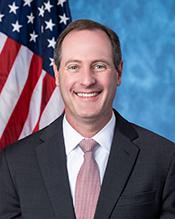
Sponsor
-
TrackBrian Babin

Co-Sponsor
-
TrackAndy Biggs

Co-Sponsor
-
TrackSheri Biggs

Co-Sponsor
-
TrackJosh Brecheen

Co-Sponsor
-
TrackBen Cline

Co-Sponsor
-
TrackAndrew S. Clyde
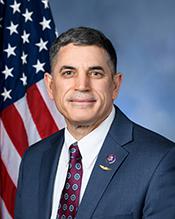
Co-Sponsor
-
TrackMike Collins

Co-Sponsor
-
TrackByron Donalds
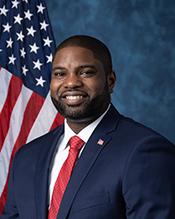
Co-Sponsor
-
TrackTroy Downing

Co-Sponsor
-
TrackJake Ellzey
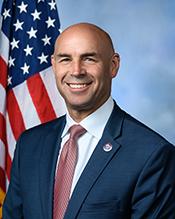
Co-Sponsor
-
TrackRon Estes
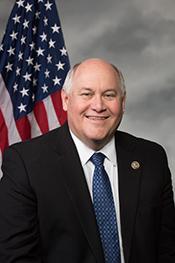
Co-Sponsor
-
TrackPat Fallon
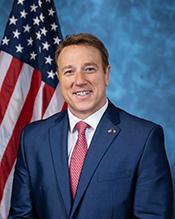
Co-Sponsor
-
TrackRandy Feenstra

Co-Sponsor
-
TrackBrad Finstad
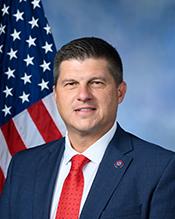
Co-Sponsor
-
TrackBrandon Gill

Co-Sponsor
-
TrackBrett Guthrie

Co-Sponsor
-
TrackAbraham Hamadeh

Co-Sponsor
-
TrackAndy Harris

Co-Sponsor
-
TrackRonny Jackson
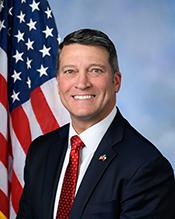
Co-Sponsor
-
TrackNicholas A. Langworthy
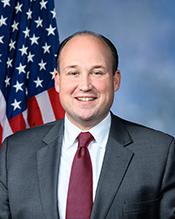
Co-Sponsor
-
TrackAddison McDowell

Co-Sponsor
-
TrackBarry Moore

Co-Sponsor
-
TrackAndrew Ogles
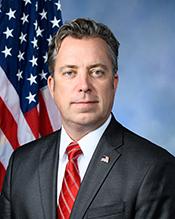
Co-Sponsor
-
TrackJohn W. Rose

Co-Sponsor
-
TrackDerek Schmidt

Co-Sponsor
-
TrackKeith Self

Co-Sponsor
-
TrackAdrian Smith

Co-Sponsor
-
TrackPete Stauber
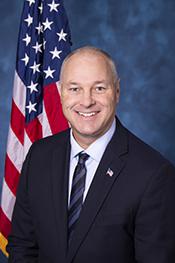
Co-Sponsor
-
TrackElise M. Stefanik

Co-Sponsor
-
TrackClaudia Tenney

Co-Sponsor
-
TrackThomas P. Tiffany
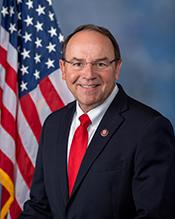
Co-Sponsor
-
TrackDaniel Webster

Co-Sponsor
-
TrackRoger Williams
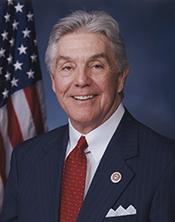
Co-Sponsor
Actions
2 actions
| Date | Action |
|---|---|
| Jan. 22, 2025 | Introduced in House |
| Jan. 22, 2025 | Referred to the House Committee on the Judiciary. |
Corporate Lobbying
0 companies lobbying
None found.
* Note that there can be significant delays in lobbying disclosures, and our data may be incomplete.
Potentially Relevant Congressional Stock Trades
No relevant congressional stock trades found.